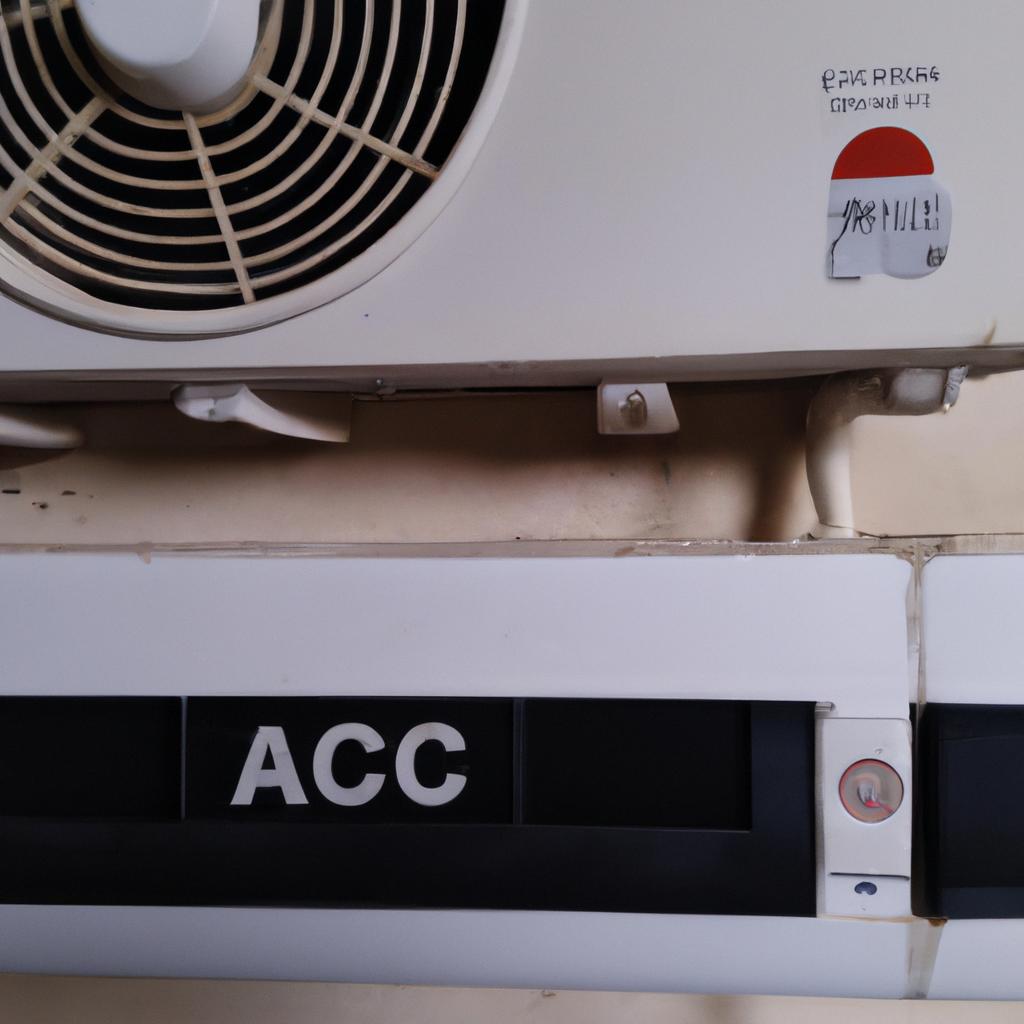When it comes to cooling your home, central air conditioning is a popular and efficient option.
Central air conditioning primarily uses electricity to operate. The system’s components, such as the compressor, fan, and indoor air handler, all require electricity to function. However, some central air conditioning systems may be combined with a gas furnace for heating purposes, which would use natural gas or propane for heating during colder months.
However, many homeowners are unclear about the type of energy source used by their central AC system.
One common question is whether central air conditioning uses gas or electricity.
The answer is simple: central air conditioning systems use electricity to power the compressor and fan that distribute cool air throughout your home.
While some homes may have gas furnaces for heating, these systems do not typically integrate with central AC units.
In this article, we’ll explore the basics of how central air conditioning works and why it’s important to understand its energy source.
Overview Of Cooling Systems

Central air conditioning is a popular choice for many homeowners to keep their homes cool and comfortable during hot summer months.
This cooling system uses electricity to function, meaning it does not require any gas.
Central air conditioning typically consists of two main components: the indoor unit, which is often located in a closet or utility room, and the outdoor unit, which is placed outside the home.
The indoor unit contains the evaporator coil, filter, and blower fan while the outdoor unit houses the compressor, condenser coil, and fan.
These two units work together to remove heat from inside your home and release it outside.
The process begins with the refrigerant absorbing heat from inside your home as it passes through the indoor unit’s evaporator coil.
It then moves to the outdoor unit where it releases this heat into the air outside before returning to its original state inside again.
As much as central air conditioning has become an essential part of our lives in modern times, there are different types of power sources that can be used to operate these systems.
Let’s take a look at some of these sources in more detail in the following section.
Types Of Power Sources
As we’ve discussed in the previous section, there are various types of cooling systems available for residential and commercial use.
Now, let’s take a closer look at the power sources that drive these systems.
Most central air conditioning units operate on electricity, drawing power from the electrical grid to cool your home or office. However, some models may also rely on natural gas as an additional power source for heating during colder months.
In the next section, we’ll explore the advantages and disadvantages of using gas versus electricity to power your cooling system.
Advantages And Disadvantages Of Gas And Electricity
Now that we know that central air conditioning runs on electricity, it’s important to consider the advantages and disadvantages of using gas and electricity in general.
Firstly, let’s look at the advantages of electricity. It is more efficient than gas when it comes to energy conversion, meaning less waste and a lower environmental impact.
Additionally, electricity is more versatile and can power a wider range of appliances and devices compared to gas. Finally, electricity is generally considered safer since there is no risk of carbon monoxide poisoning or explosions.
On the other hand, gas has its own set of advantages as well.
It tends to be cheaper than electricity in terms of cost per unit of energy consumed.
Gas-powered appliances and devices also tend to last longer since they experience less wear and tear compared to electric ones.
Finally, in areas with frequent power outages or limited access to electricity, gas can provide a reliable backup option.
Considering these factors can help you make an informed decision about which type of energy source to use for your home’s heating and cooling needs.
In the next section, we will explore some specific cost considerations related to central air conditioning systems.
Cost Considerations
When considering the cost of central air conditioning, it is important to note that it primarily runs on electricity. This means that your monthly energy bill will likely increase during the summer months when you are using your AC system more frequently.
However, there are ways to minimize these costs.
One option is to invest in an energy-efficient central air conditioning unit.
These units use less electricity to operate, which can save you money in the long run.
Additionally, regular maintenance such as changing air filters and cleaning coils can also help improve efficiency and reduce energy consumption.
Overall, while central air conditioning does use electricity, there are steps you can take to keep costs under control.
Conclusion
In conclusion, central air conditioning systems can use either gas or electricity as their power source.
The choice of power source will depend on a number of factors such as availability, cost, and personal preference.
Electricity is the most common power source for central air conditioning systems because it is readily available and easy to use.
However, some homeowners may opt for gas-powered units because they are more energy-efficient and can save money in the long run.
When considering the cost of operating a central air conditioning system, it’s important to look beyond the initial installation costs. While gas-powered systems may have a higher upfront cost, they may be more efficient and ultimately save money on monthly energy bills.
Ultimately, whether you choose a gas or electric-powered central air conditioning system will depend on your specific needs and circumstances. It’s important to weigh the advantages and disadvantages of each option before making a decision.




